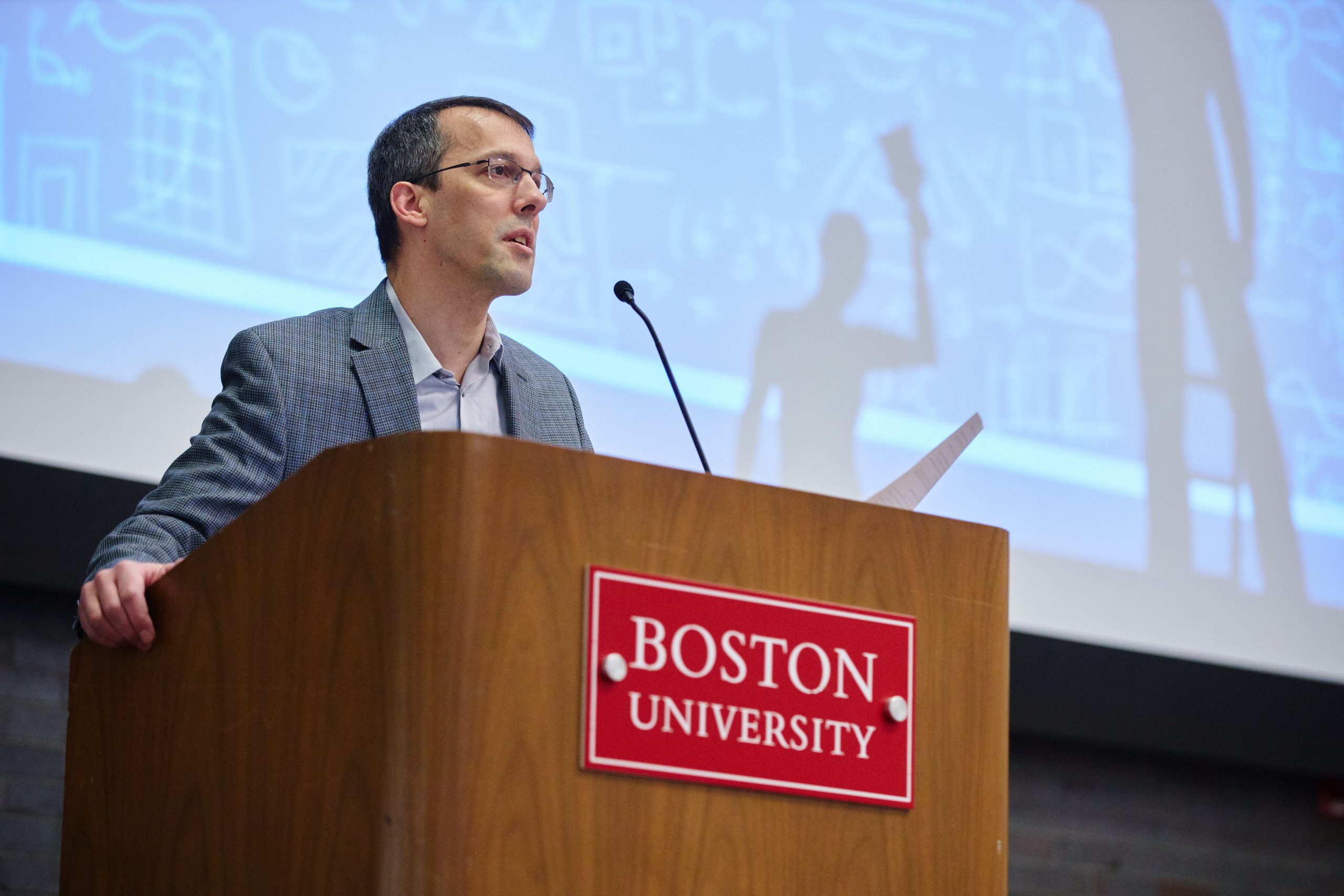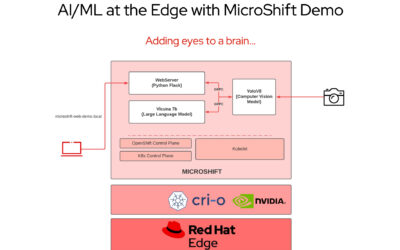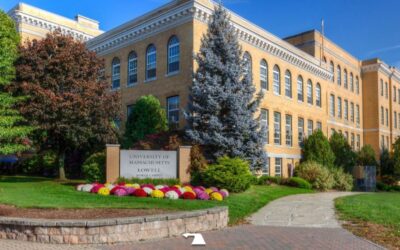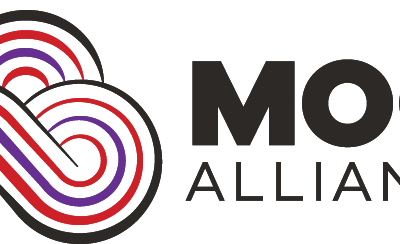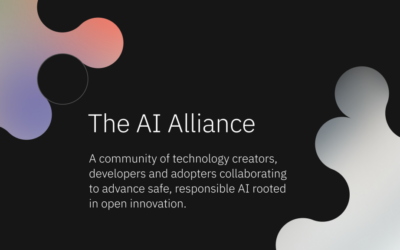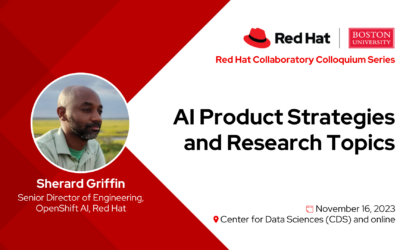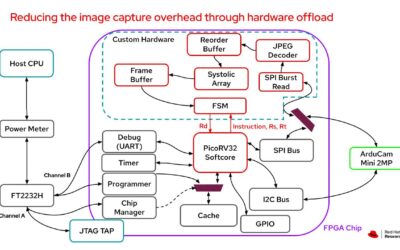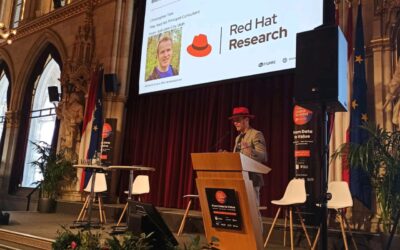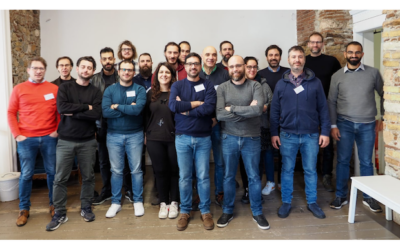At the 2020 Open Cloud Workshop on March 2-3 2020, researchers, industry and open software leaders met at Boston University to explore how the original Massachusetts Open Cloud (MOC) model is expanding to include new production IT projects, national at-scale research testbeds and an international open source pilot project with the OpenStack Foundation. Orran Kreiger (MOC Project Lead, Boston University) and Peter Desnoyers (MOC PI, Northeastern University) hosted the workshop, explaining how these new initiatives build on the original 2013 project goal to create and operate a production open source research and development cloud. Chris Wright (Red Hat) and Matthew Adiletta (Intel) highlighted industry trends in IT and open source software that are increasing the importance of open cloud platforms to business, and how enabling easy and open cloud operations can help businesses to bring their IT group’s experts “out of the basement” to spend more time on business goals and less on infrastructure.
Panels, open micro-talks and deep dives provided more technical information about new and existing projects, including three major new initiatives. (The agenda, slides and videos from the talks will be available on the workshop web page.)
- Boston University and Harvard University are creating a production cloud service called the New England Research Cloud (NERC), based on the open cloud model. The professional Research IT staff from those universities are building a common cloud framework based on open source software used in the MOC to support researchers at their institutions who need cloud resources but are not cloud infrastructure experts, while also strengthening a sustainable partnership between IT and active open cloud researchers.
- The OpenStack Foundation is launching OpenInfra Labs (OIL), a project to simplify and standardize how organizations deploy and operate stand alone, hybrid and federated open source clouds. Initially, the project will prioritize the needs of the MOC and gain full visibility into those needs by participating in the deployment and operations. Longer term, the project goal is to stand up multiple consistent clouds and develop technologies for hybrid and federated clouds.
- NSF is sponsoring a five year, $5M Open Cloud Testbed (OCT) project to expand the original model to a national at-scale collaborative effort with other national cloud research programs and to support research and prototyping . Specifically, the MOC will integrate with the CloudLab testbed and support the NSFCloud initiative. CloudLab provides proven tools to allow CISE researchers to perform reproducible experiments on hardware with control and visibility all the way down to the bare metal. Workshop sessions on new projects to bring open cloud hardware prototypes such as programmable FPGAs into the datacenter generated a lot of excitement and discussion at the workshop.
In addition to the newly-announced projects, the MOC will continue its efforts to productize Elastic Scalable Infrastructure (ESI) research so that infrastructure may be elastically and securely transferred between research and production uses. It will also expose MOC telemetry and data sets to cloud researchers, enable researchers to expose experimental services to users of the MOC, and augment the MOC with a testbed of FPGA enabled servers. These efforts will, in turn, allow the research community to study fundamental questions that could previously only be explored only within the large public clouds. Open source developers, industry partners, and researchers are all invited to join the ambitious efforts that will be taking place over the next year, and contribute to the future of open clouds. The Red Hat Research program will be actively involved in all these efforts.
Contact team@lists.massopen.cloud if you are interested in participating or if you have more questions for the MOC.
